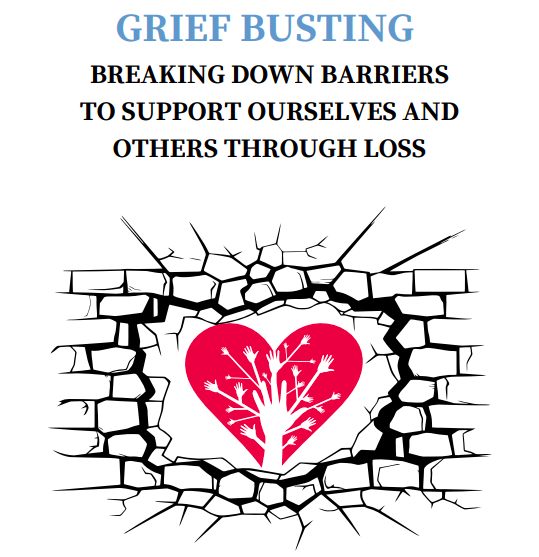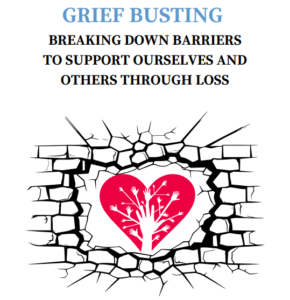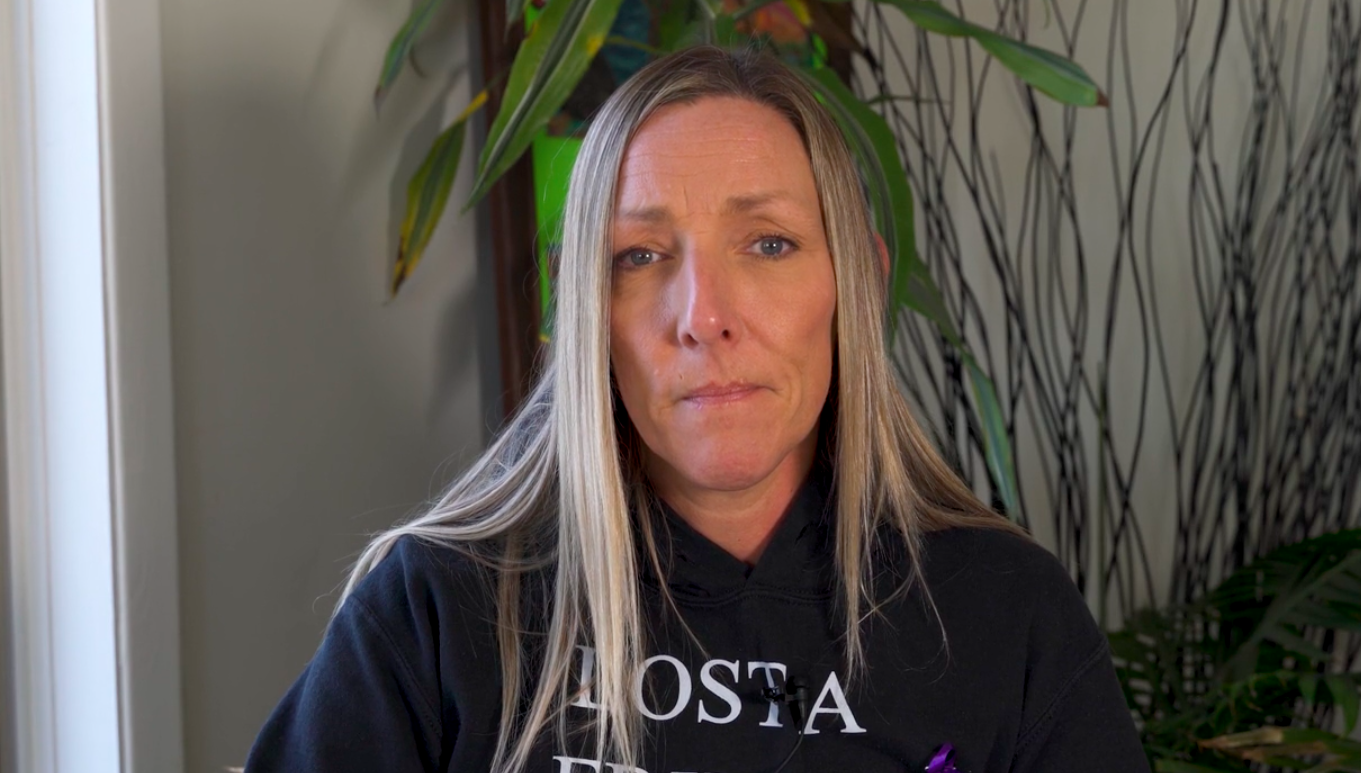Posts Tagged ‘mental health’
Grief Busting Zine [Downloadable!]
Navigating life, death, and loss can be overwhelming. We’re sorry you’re feeling this way right now but so glad you’re reading this.
This zine is designed by mental health professionals and contains information about grief, different types of grief we may experience, gentle reminders on how to move through grief, as well as tips for those who may be supporting someone in their life who is grieving.
Physical copies of this sine were originally distributed at Cultivate Festival in 2023.
Angie – My Story
Angie – My Story
Angie shares her story of being a police officer for 31 years , mental health and grief
Jim – Significant incidents
Jim – Significant incidents
Jim discusses being involved in a significant incident and how it’s normal to feel overwhelmed and ruminate over it. You may even start to drink or use drugs to cope. But it’s important to remember that you’re not alone. Many police officers have been through similar experiences. And there are resources available to help you get through this. One of the best things you can do is talk to a trusted friend or colleague. They can offer support and understanding. You can also seek professional help from a therapist or counselor. They can help you to process your experience and develop healthy coping mechanisms. It’s also important to remember that you can’t change the past. But you can learn from it. And you can move on. Don’t let one incident define you. You are a strong and capable person. And you will get through this.
Jim – Self care
Jim – Self care
Jim shares about the importance of self-care for law enforcement officers. I share some simple tips that can help you take care of your physical and mental health, including: Getting enough sleep, Eating a healthy diet, Exercising regularly, Practicing relaxation techniques, Seeking professional help if needed
Jim – When should you seek help
Jim – When should you seek help
Jim talks about when you should seek help for mental health. How it can be difficult to ask for help, especially for men and for people in certain professions, such as law enforcement and the military. But if you are struggling, it is important to reach out for support
Jim – Triggers
Jim – Triggers
Jim discusses triggers, how to recognize them and develop coping mechanisms to help deal with the strong emotions that they can cause
Jim – Supporting someone in crisis
Jim – Supporting someone in crisis
Jim talks about supporting someone in crisis and how being there for them can help. That may mean answering the phone at 2am, taking them to the doctor’s appointment, and checking tup on them. It’s not easy, but it’s the right thing to do. He was fortunate to have a friend who did this for him, and is still grateful for their support. If you know someone who is struggling, don’t be afraid to step up. It could make all the difference.
Nicole – Pandemic’s Effect on Safe Spaces and Mental Health Access
Nicole – Pandemic’s Effect on Safe Spaces and Mental Health Access
Nicole discusses how the pandemic affected access to safe spaces and shelters for those living rough and living with addiction.
Lyss – Depression, Anxiety, and Self Harm
Lyss – Depression, Anxiety, and Self Harm
Depression, anxiety, self harm, theapy, support, mental health, suicide
What Does Grief Support Look Like?
Post by Maureen Pollard, MSW, RSW
When we experience significant, on-going symptoms of grief that interfere with our adjustment to the reality of our loss, it can be time to seek professional help. It can be difficult to know where to find help and what grief support options are available.
Begin by asking for a referral. Maybe your family or friends have received good grief support they would recommend. Your doctor can typically provide a referral or you can conduct an internet search. When you find a grief support program on the internet, take time to examine the website thoroughly then connect by email or telephone to ask any questions you have before deciding which support might be the best fit for you.
Types of Grief Support:
Individual counselling with a therapist. A professional who has experience and knowledge in the area of dying, death and grief will listen to your story without judgment and then co-create a plan for healing that feels comfortable for you. The time you spend in counselling should be dedicated to your grief, with a focus on helping you find your way through your experience using information, insights and skill of the therapist to help you through the complex feelings and tasks.
Group therapy. This type of support may be led by a professional, or may be offered by peers who have experienced a similar loss. Groups can offer a rich support experience that lets you know you are not alone, and offers you the opportunity to learn from several others living with a similar loss. The time you spend in group will be shared and with a focus on topics relevant to the group’s purpose rather than any one group member’s situation. It’s important to learn about how the group works and what types of activities you’ll experience as you decide whether to try attending a group. If the group is run by peers, ask what type of training and support they received to ensure they’re delivering quality care.
On-line forums. There are many groups and forums focused on grief education and support on the internet. These are easy to access and allow you to participate at your own comfort level, either by simply reading posts or actively sharing your own situation, seeking support and offering support to others. A forum can create a sense of community among its membership, providing a great source of information and support from others who have a similar experience of loss who share what they have learned. In public internet forums there is always a risk of interference by people who post to cause trouble, but private, members-only, moderated forums can significantly reduce this risk.
Remember, whatever type of grief support you try beyond family and friends, don’t be afraid to quit if the style or structure of the support doesn’t feel comfortable or helpful. If you’re still experiencing the symptoms that led to your decision to seek additional help, please don’t stop trying to find the kind of support that can meet your needs. There are many different types of counsellors, groups and forums and it can take some time to find the one that’s right for you. Your healing is worth it!
Jane – Connection, place, and grief
Jane – Connection, place, and grief
Jane talks about the difference between living alone in Toronto while grieving during the pandemic compared to her experience once she moved closer to her family in Northumberland.
Jane – Sitting in our feelings
Jane – Sitting in our feelings
Jane shares how she has learned to be more present in her feelings while grieving during the pandemic.





